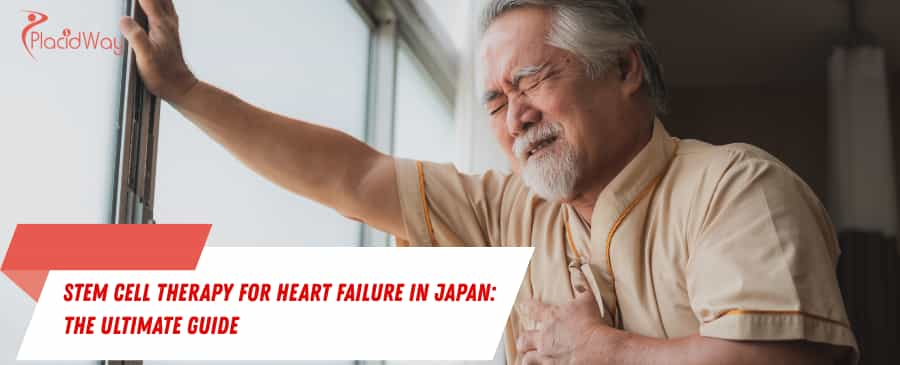
Japan stands at the global forefront of regenerative medicine, particularly for cardiac conditions. With a unique regulatory framework that fast-tracks safe innovations, Stem Cell Therapy for Heart Failure in Japan offers patients access to advanced treatments years before they are available in other Western nations. This guide explores the procedures, costs, and medical hubs in Tokyo and Osaka, breaking down accessibility for international patients.
Key Takeaways
-
Global Leadership: Japan is the only country with a specific "Act on the Safety of Regenerative Medicine," ensuring the highest global standards for cell processing and patient safety.
-
Comprehensive Packages: Japanese stem cell packages typically include specialized cardiac MRI/CT scans, cell cultivation (autologous or allogeneic), catheterization or surgical administration, and dedicated medical translation.
-
Cost Comparison:
-
Japan (Heart Failure/Cardiac Protocol): $15,000 – $45,000
-
South Korea (Stem Cell Packages): $10,000 – $25,000
-
Turkey (Stem Cell Heart Treatment): $7,000 – $15,000
-
USA (Clinical Trials/Right to Try): $45,000 – $60,000+
-
What is Stem Cell Therapy for Heart Failure?
Stem cell therapy utilizes the body's regenerative capabilities to repair damaged myocardium (heart muscle) and improve cardiac function.
Heart failure occurs when the heart muscle becomes too weak or stiff to pump blood effectively. In Japan, therapies employ Mesenchymal Stem Cells (MSCs), iPSCs (induced pluripotent stem cells), or Skeletal Myoblast Sheets to regenerate damaged tissue.
-
Mechanism: The injected or implanted cells release growth factors (paracrine effect) that stimulate new blood vessel formation (angiogenesis), reduce inflammation, and prevent further scar tissue formation in the heart.
-
Target Patients: Those with ischemic cardiomyopathy, dilated cardiomyopathy, or those recovering from myocardial infarction (heart attack) who have not responded fully to standard medication.
Types of Stem Cell Procedures Available in Japan
Japan offers a tiered landscape of treatments ranging from minimally invasive IV infusions to advanced surgical tissue engineering.
Autologous Skeletal Myoblast Sheets (HeartSheet)
A cutting-edge, government-approved therapy in Japan.
-
Procedure: Sheets of muscle cells taken from the patient's thigh are cultured and surgically placed onto the heart surface.
-
Status: Highly specialized; primarily available at major university hospitals
Direct Intracoronary Injection
-
Procedure: A catheter guides the stem cells directly into the heart's arteries.
-
Advantage: Higher concentration of cells reaching the myocardium.
Intravenous (IV) Infusion of MSCs
This is the most accessible treatment for medical tourists in clinics in Tokyo and Osaka.
-
Source: Adipose (fat) tissue or Umbilical Cord tissue.
-
Best For: General frailty reduction, early-stage heart failure, and systemic inflammation reduction.
Why Choose Japan for Heart Failure Treatment?
Japan offers a unique combination of Nobel Prize-winning science (iPSCs) and a government-backed "fast-track" approval system for regenerative therapies.
Advanced Regulatory Framework
Japan's Pharmaceuticals and Medical Devices Agency (PMDA) utilizes a "Conditional Approval" system. This allows therapies that show safety and "probable efficacy" to be approved for patient use much faster than the rigorous Phase III trial requirements of the FDA. This makes Stem Cell Therapy for Heart Failure in Japan a viable option for patients seeking cutting-edge interventions not yet available globally.
Cutting-Edge Technologies
-
iPSCs (Induced Pluripotent Stem Cells): Japan is the birthplace of iPSC technology, which reprograms adult cells back into a stem cell state to create heart muscle cells.
-
HeartSheet: A commercially approved product where a patient's own muscle cells are grown into a sheet and surgically placed on the heart to improve function.
Did You Know?
Japan has the highest concentration of "Type 1" and "Type 2" licensed regenerative medicine facilities in the world, meaning clinics are strictly monitored by the Ministry of Health, Labour and Welfare (MHLW).
Cost of Stem Cell Therapy for Heart Failure
Stem Cell Treatment in Japan is a premium investment in safety, typically costing between $15,000 and $45,000 depending on the complexity of the protocol.
The cost is higher than in developing nations due to the strict requirements for Cell Processing Centers (CPCs), which must meet clean-room standards equivalent to pharmaceutical manufacturing.
Comparative Cost Table (USD)
| Destination | Procedure Type | Average Cost | Notes |
| Japan | Cardiac Stem Cell Protocol | $15,000 - $45,000 | Includes high-viability culture, strict safety testing, and hospital fees. |
| South Korea | Stem Cell Therapy | $10,000 - $25,000 | Technologically advanced; focus on adipose-derived cells. |
| Turkey | Regenerative Heart Treatment | $7,000 - $15,000 | Most affordable; often includes hotel and transport packages. |
| Germany | Stem Cell Treatment | $20,000 - $35,000 | High regulatory standards similar to Japan; often limited to autologous. |
When evaluating the price, it is crucial to remember that Stem Cell Therapy for Heart Failure in Japan includes rigorous pre-treatment screening and post-treatment monitoring that may not be standard in cheaper destinations.
Candidacy and Success Rates
Ideal candidates are those with ischemic cardiomyopathy who have stable vitals but limited options from standard medication.
Who Qualifies?
-
Diagnosis: Ischemic heart disease or dilated cardiomyopathy.
-
LVEF: Typically patients with a Left Ventricular Ejection Fraction between 20% and 45%.
-
Status: Must be able to tolerate a flight and mild sedation (for catheter procedures).
Success Metrics:
-
LVEF Improvement: Clinical data suggests an average improvement of 5% to 12% in ejection fraction for responders.
-
Quality of Life: Significant reduction in NYHA class (e.g., moving from Class III shortness of breath to Class II).
-
Safety: Serious adverse events are extremely rare in Japan due to the strict regulatory oversight.
FAQ: Stem Cell Therapy for Heart Failure in Japan
Is stem cell therapy for heart failure guaranteed to work?
No medical procedure is a guaranteed cure. While many patients experience improved heart function, reduced shortness of breath, and better energy levels, results vary based on the severity of the disease and the patient's biological response.
How long does the treatment take in Japan?
For non-surgical MSC therapies, the entire visit can be completed in 3 to 5 days. Surgical procedures like the HeartSheet may require a hospitalization of 2 to 3 weeks for monitoring and rehabilitation.
Why is Japan considered safer than other destinations?
Japan operates under the Act on the Safety of Regenerative Medicine (2014). This law mandates that every clinic treating patients must submit a detailed safety plan to the government and undergo rigorous inspections of their cell processing facilities.
Can I combine stem cell therapy with my current heart medications?
Yes. Stem cell therapy is typically an "add-on" treatment. You should not stop your prescribed heart failure medications (like beta-blockers or ACE inhibitors) unless instructed by your cardiologist.
What is the difference between treatment in Japan and South Korea?
Both countries offer high-tech medical care. Japan generally has a more rigid, government-controlled framework for "Conditional Approval" of specific products like HeartSheet, while South Korea has a robust market for adipose-derived stem cell therapies and is often slightly more affordable.
Are there age restrictions for this treatment?
There is no strict upper age limit, but patients must be physically stable enough to undergo the procedure. Patients over 80 are evaluated on a case-by-case basis to ensure their general health can support the regeneration process.
Does Japanese health insurance cover this for tourists?
No. International patients (medical tourists) must pay out-of-pocket or use international medical travel insurance if it includes specific riders for elective procedures. Domestic Japanese health insurance only covers specific approved products for residents.
Plan Your Medical Journey with PlacidWay
Accessing Japan's exclusive regenerative medicine sector requires expert navigation. PlacidWay is your trusted partner, connecting you directly with MHLW-licensed clinics in Tokyo and Osaka.
We help you with:
-
Direct Access: Skip the waiting lists at top university hospitals and private clinics.
-
Price Transparency: Get the official clinic price without hidden agency fees.
-
Full Concierge: From medical visa support to translation and accommodation.




.png)

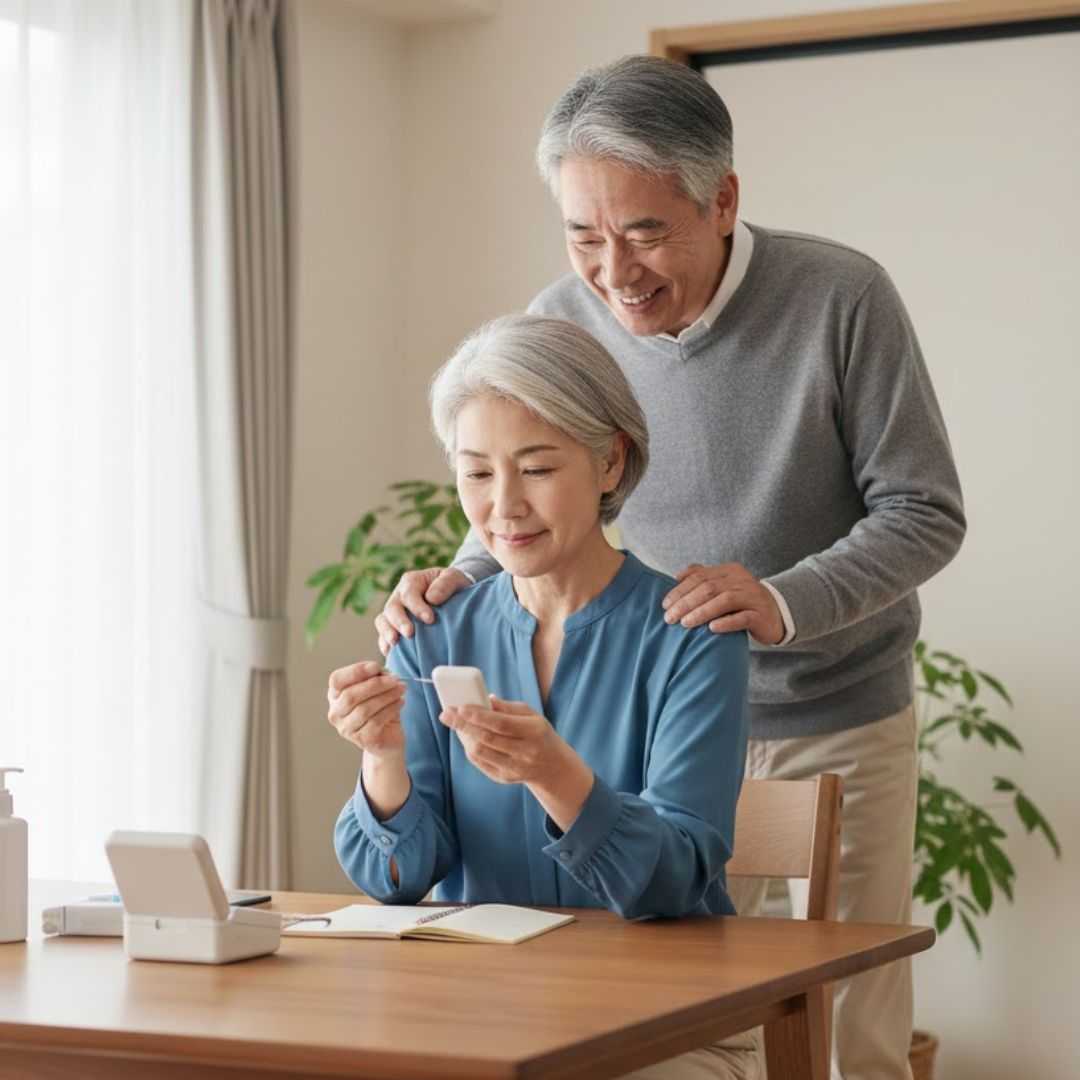
.png)





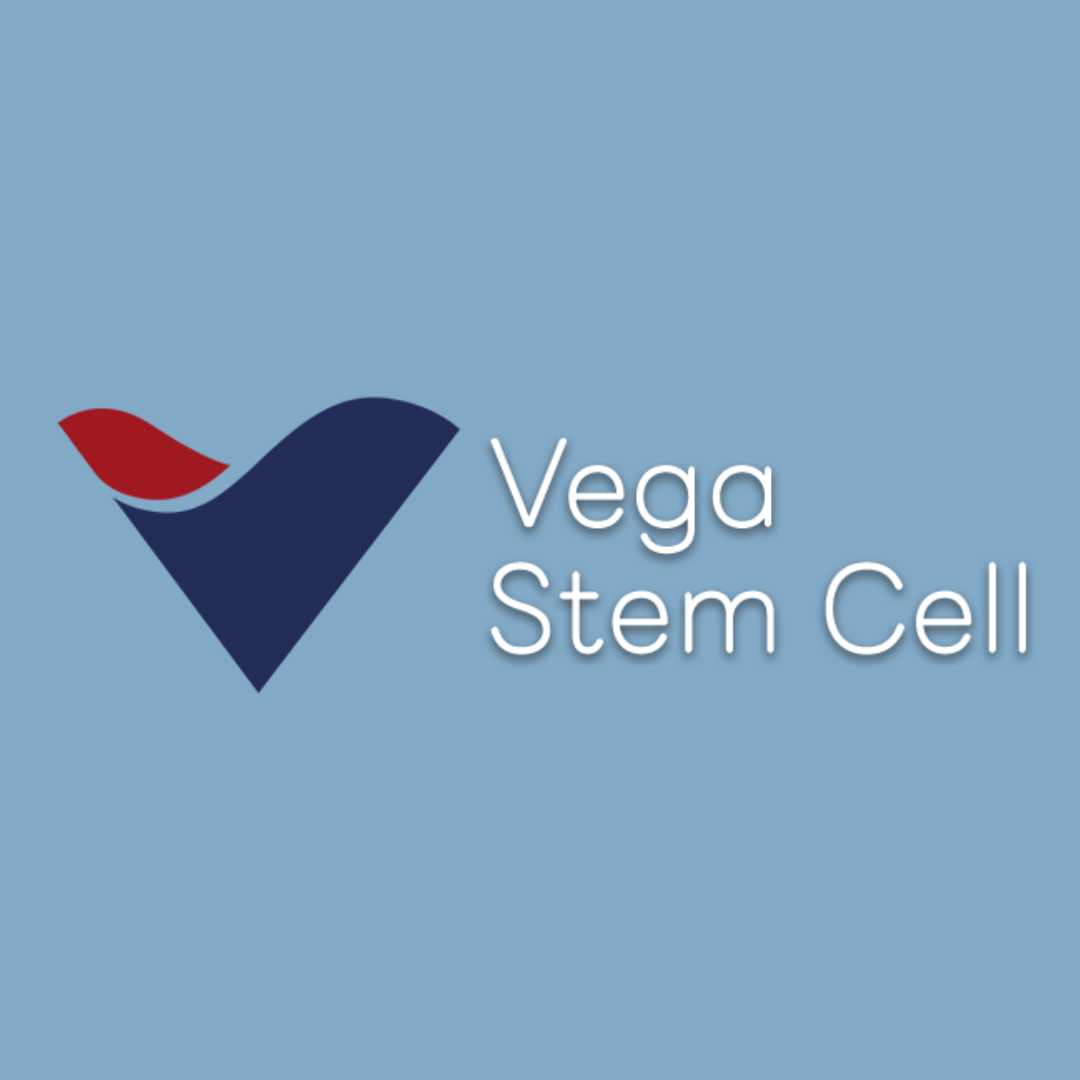
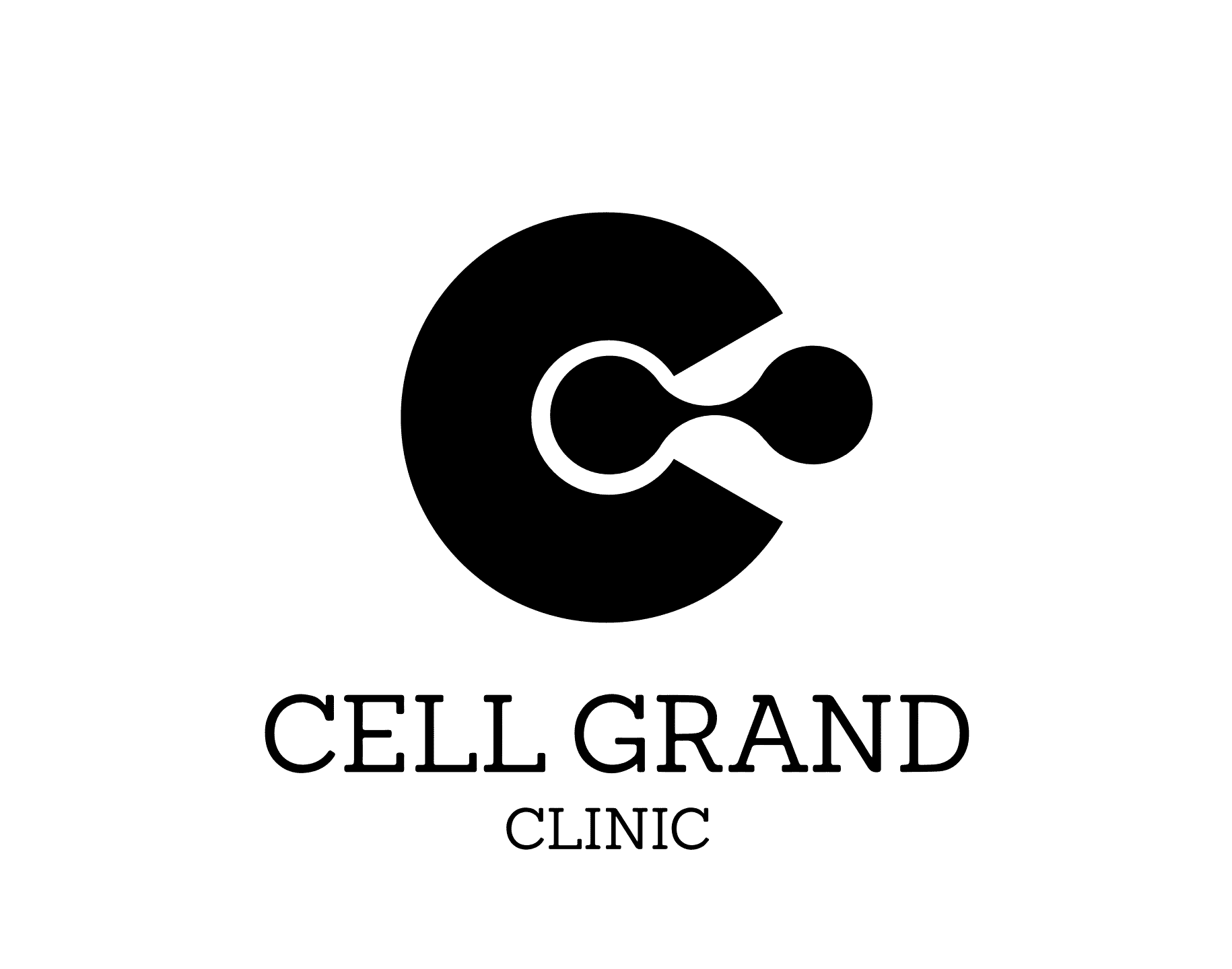
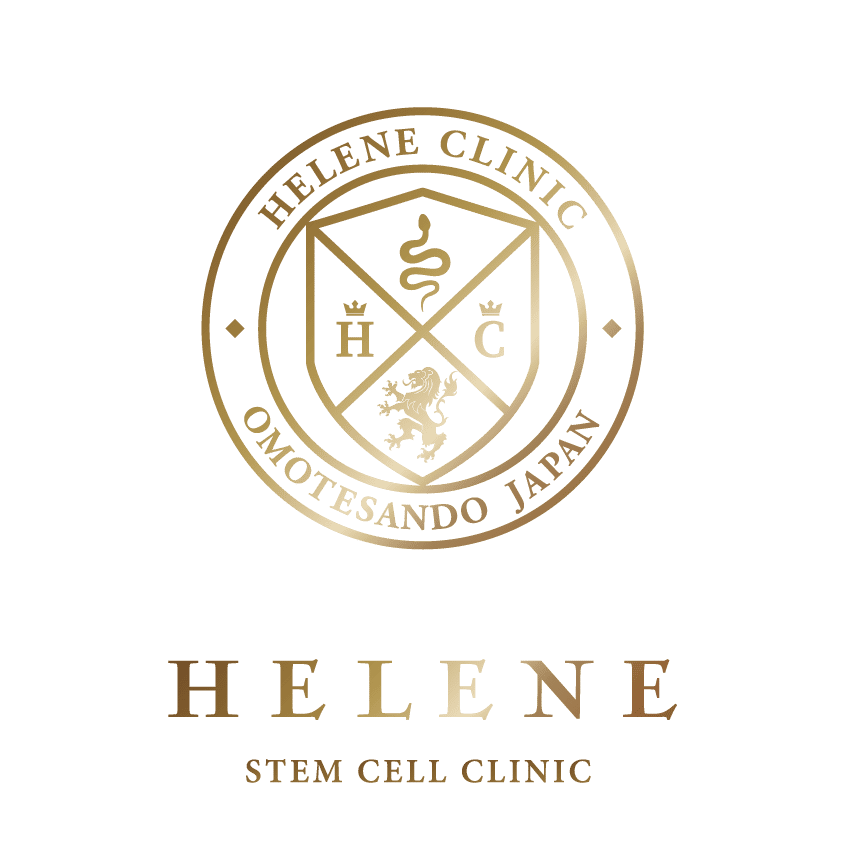
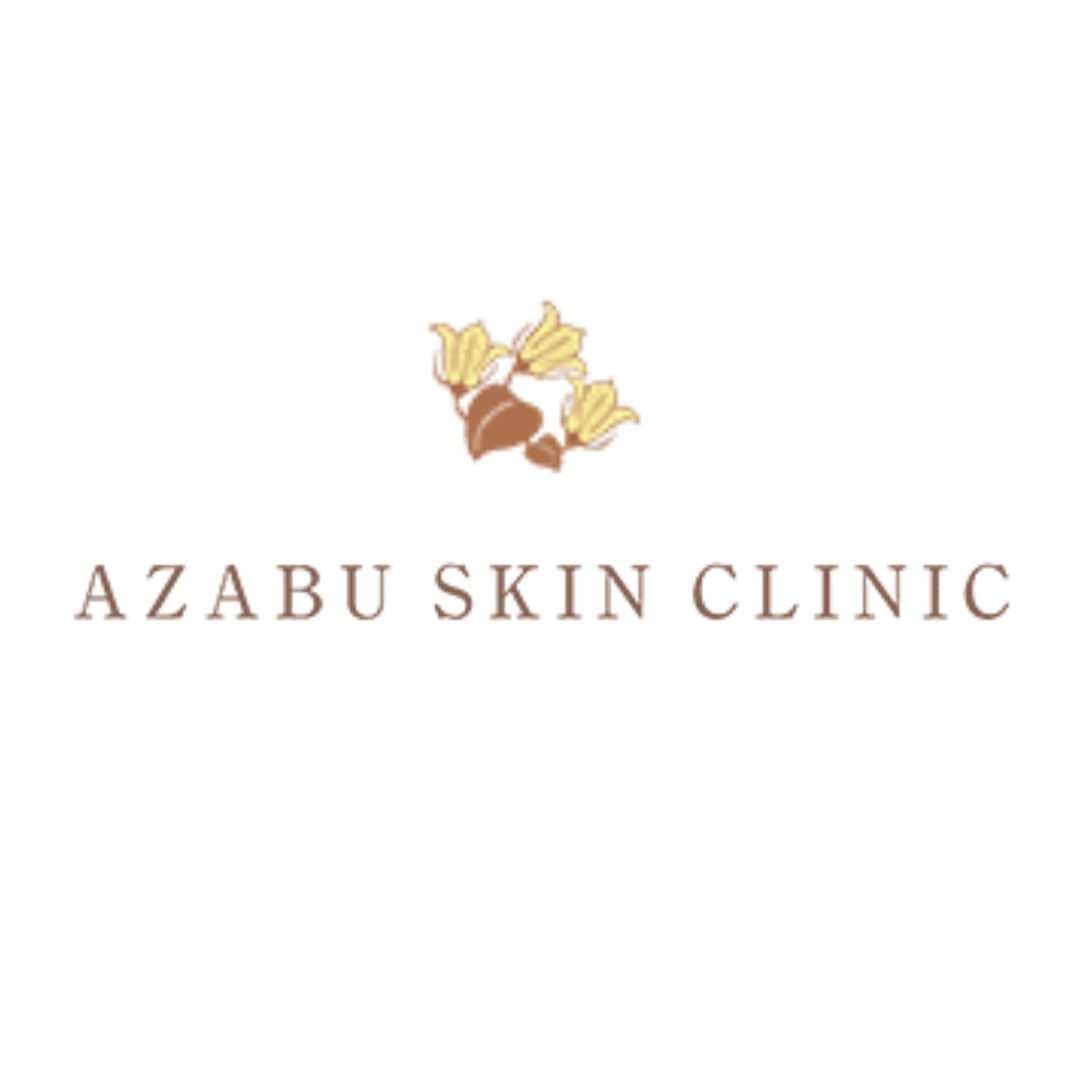
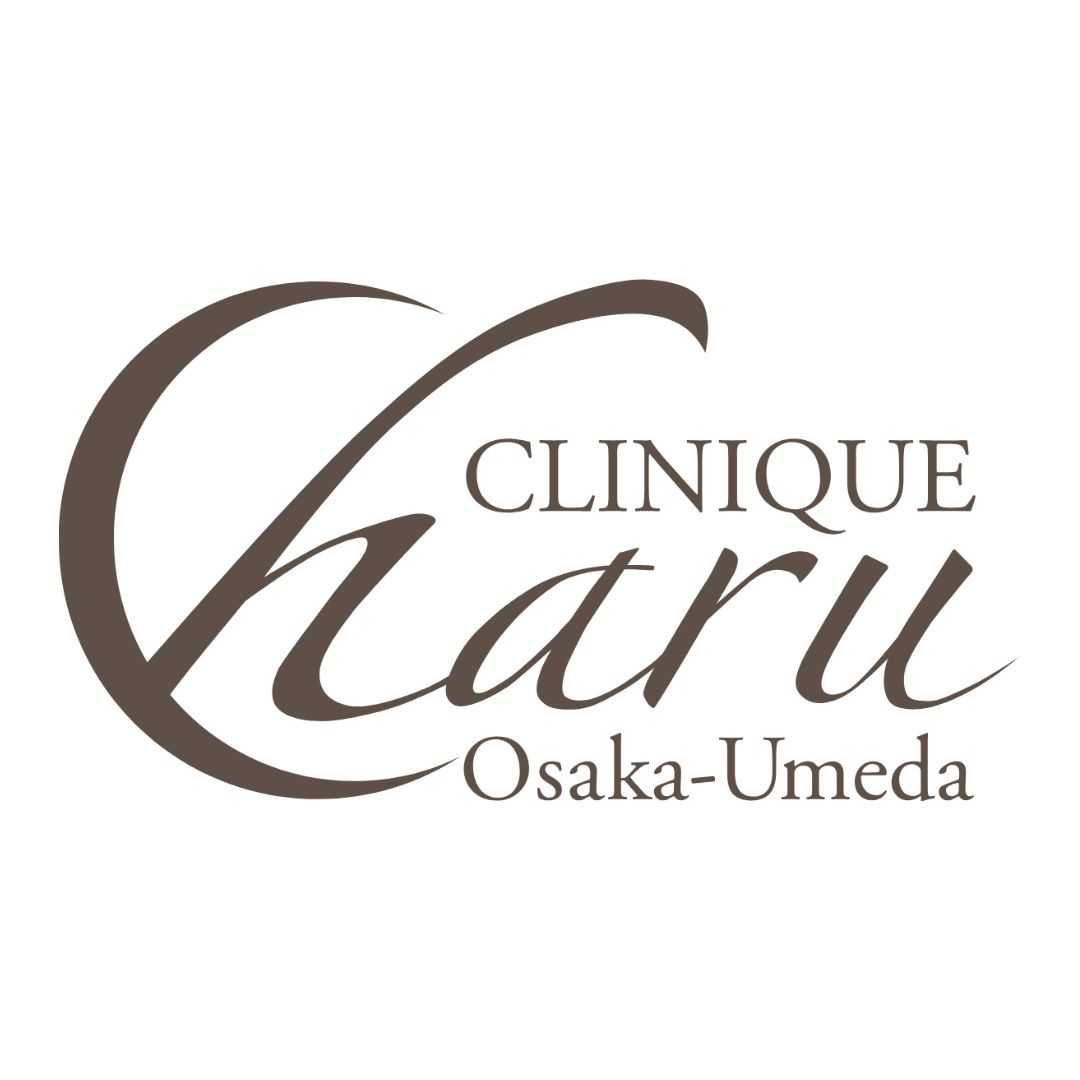

Share this listing